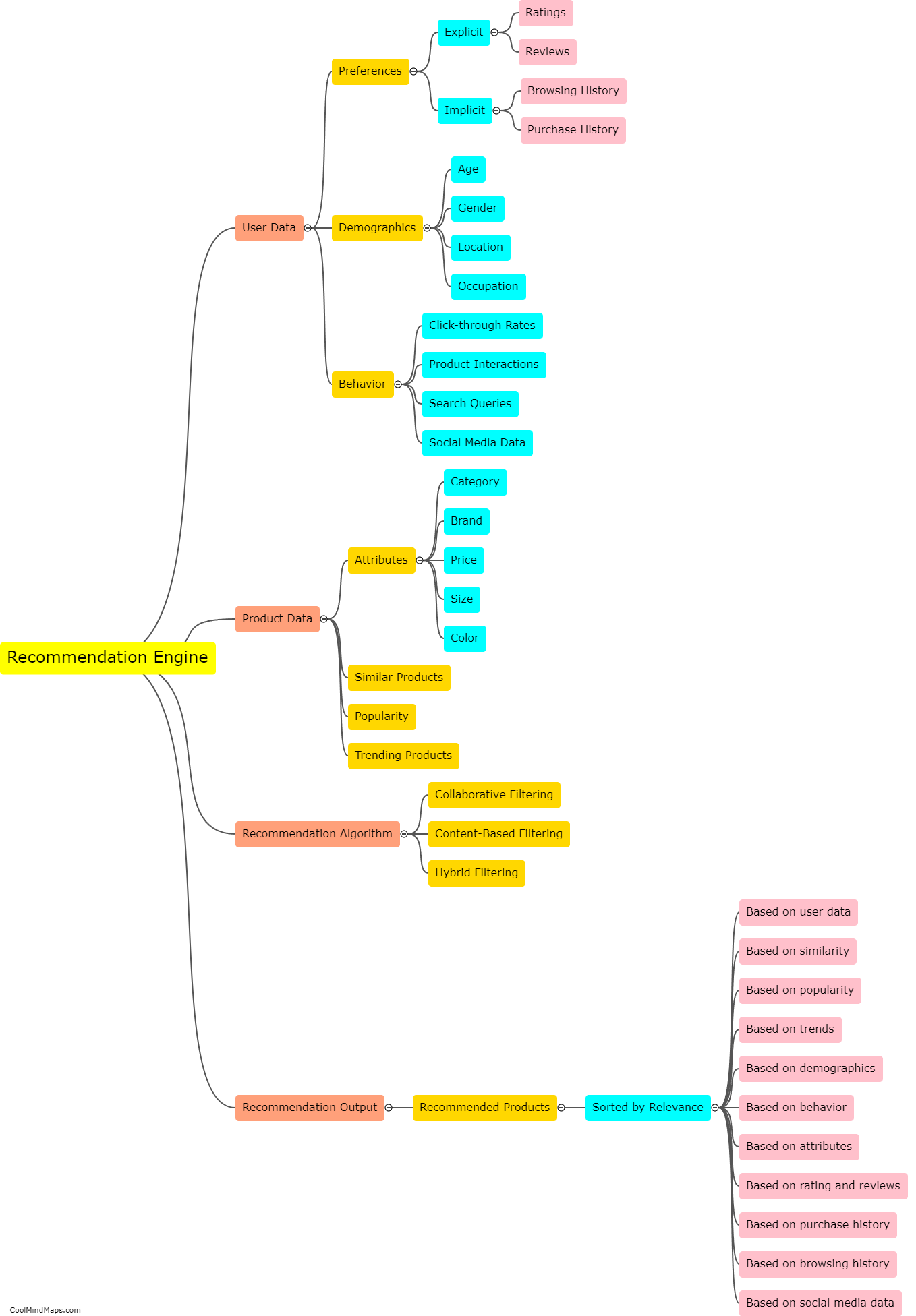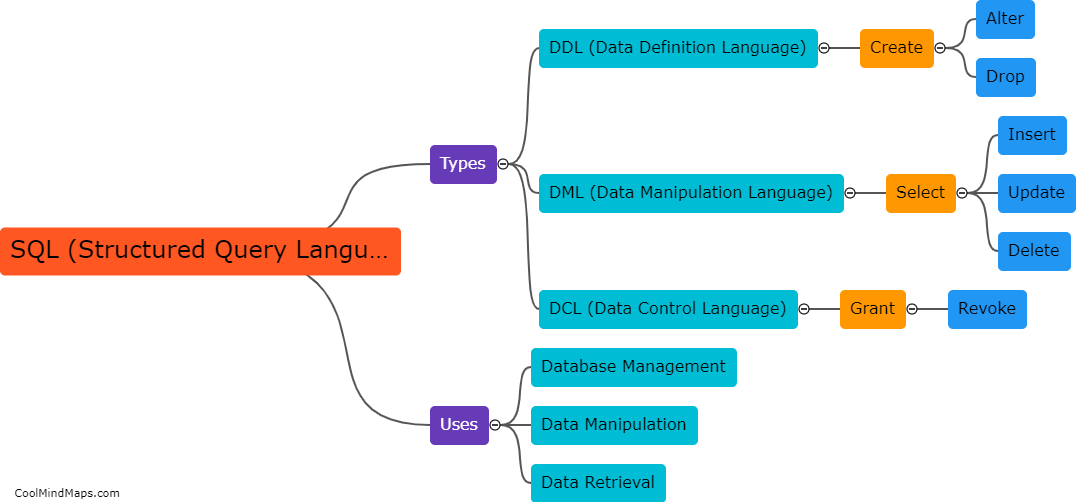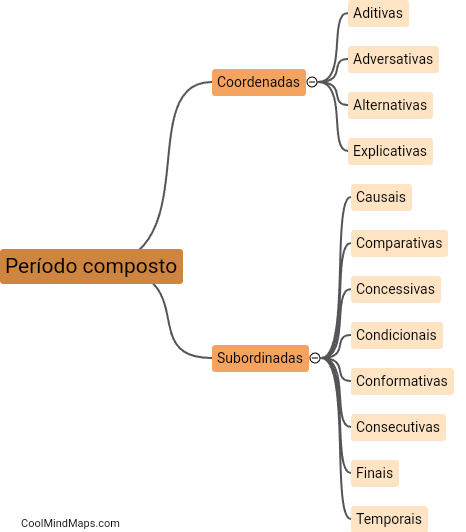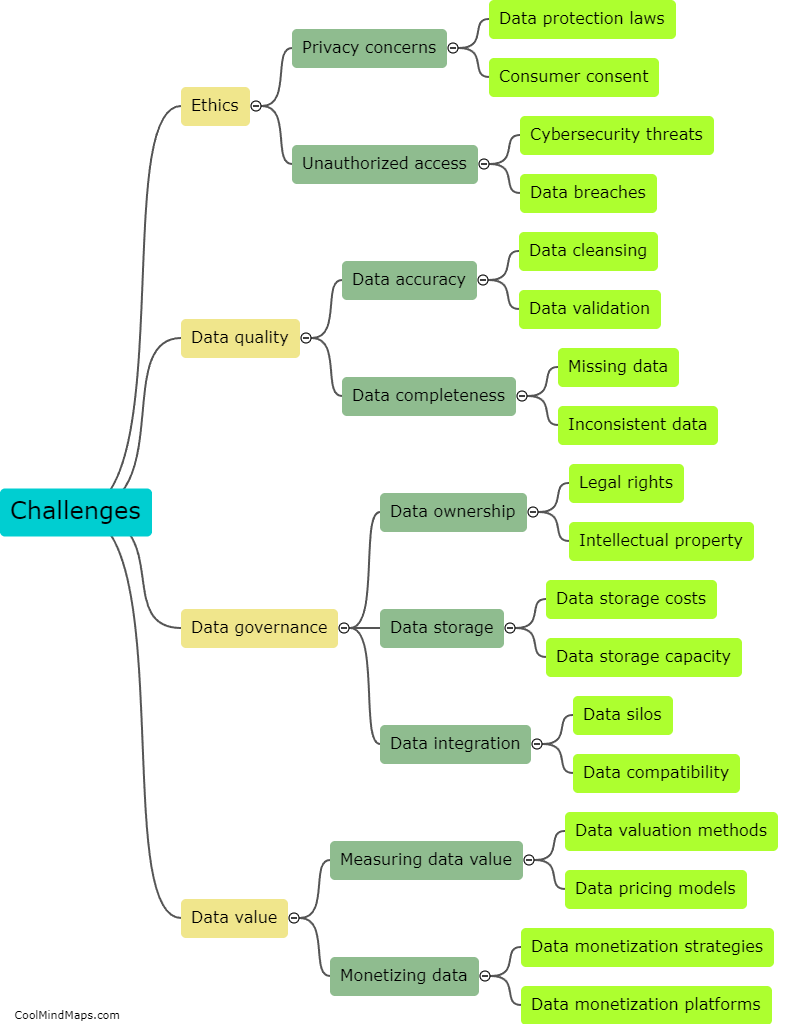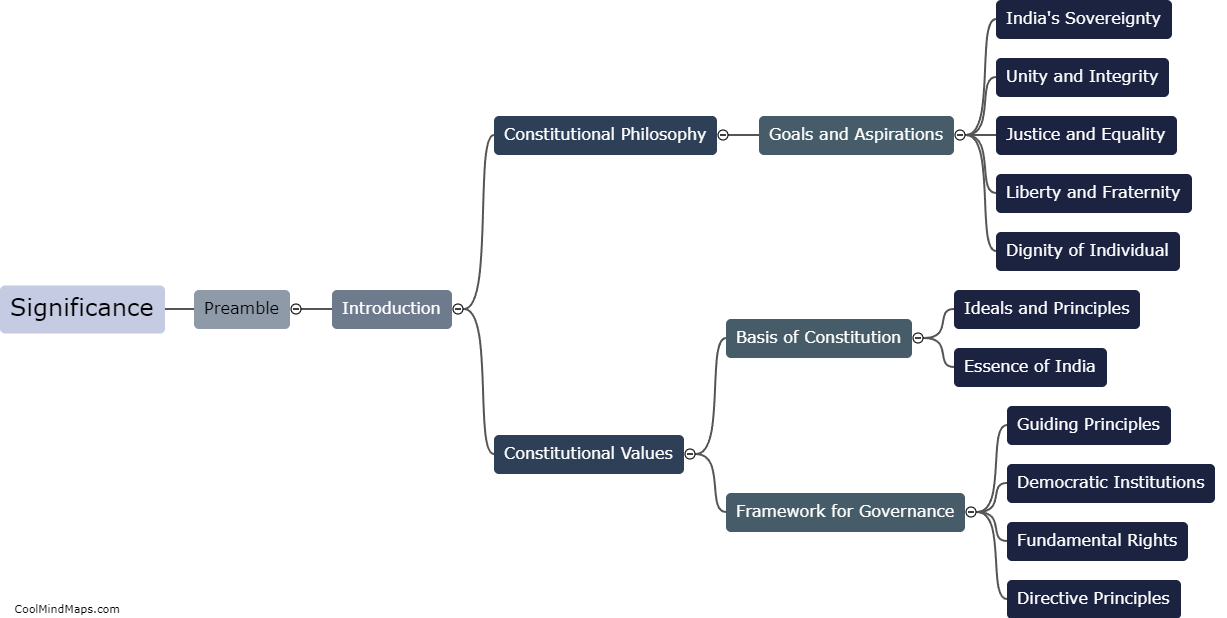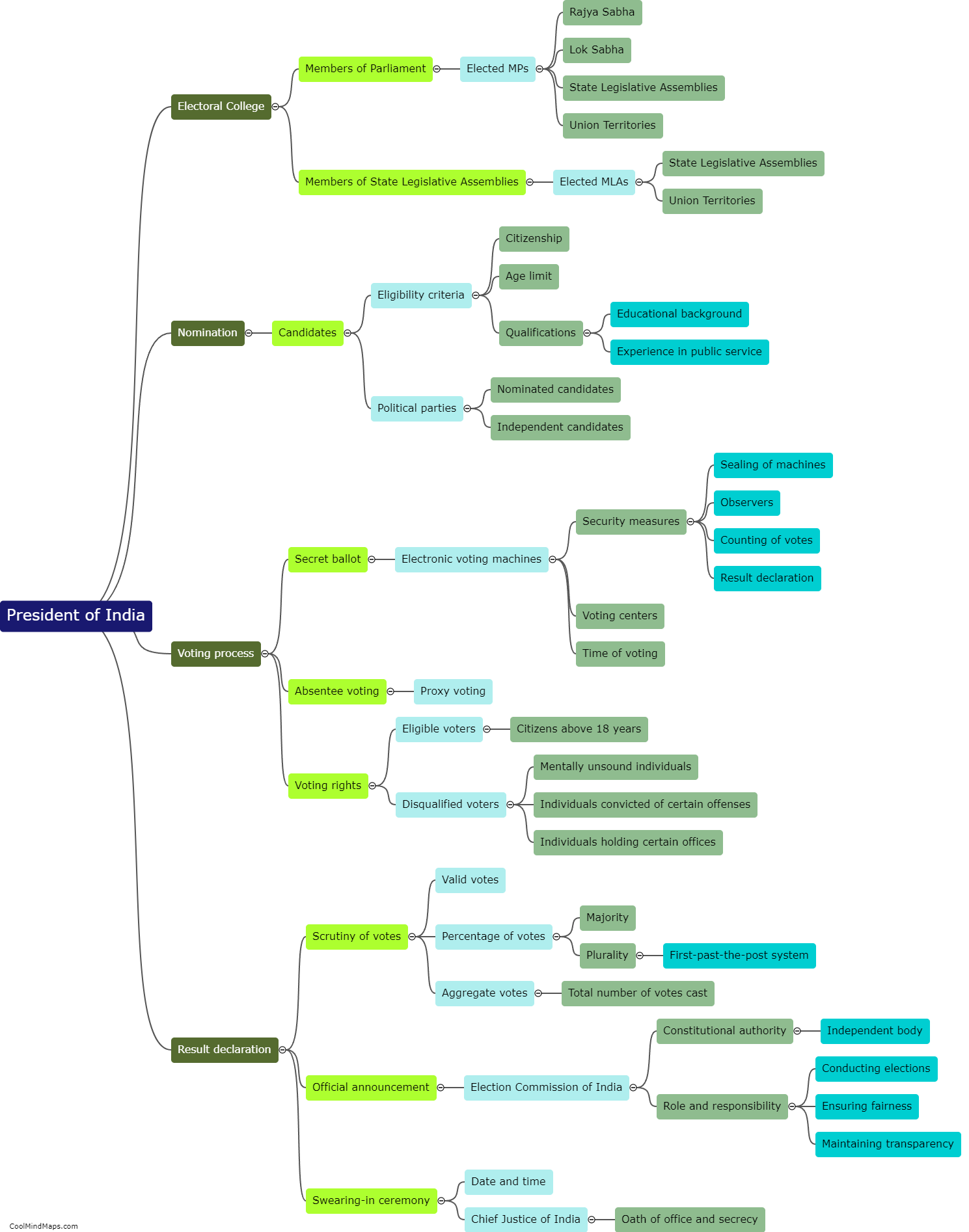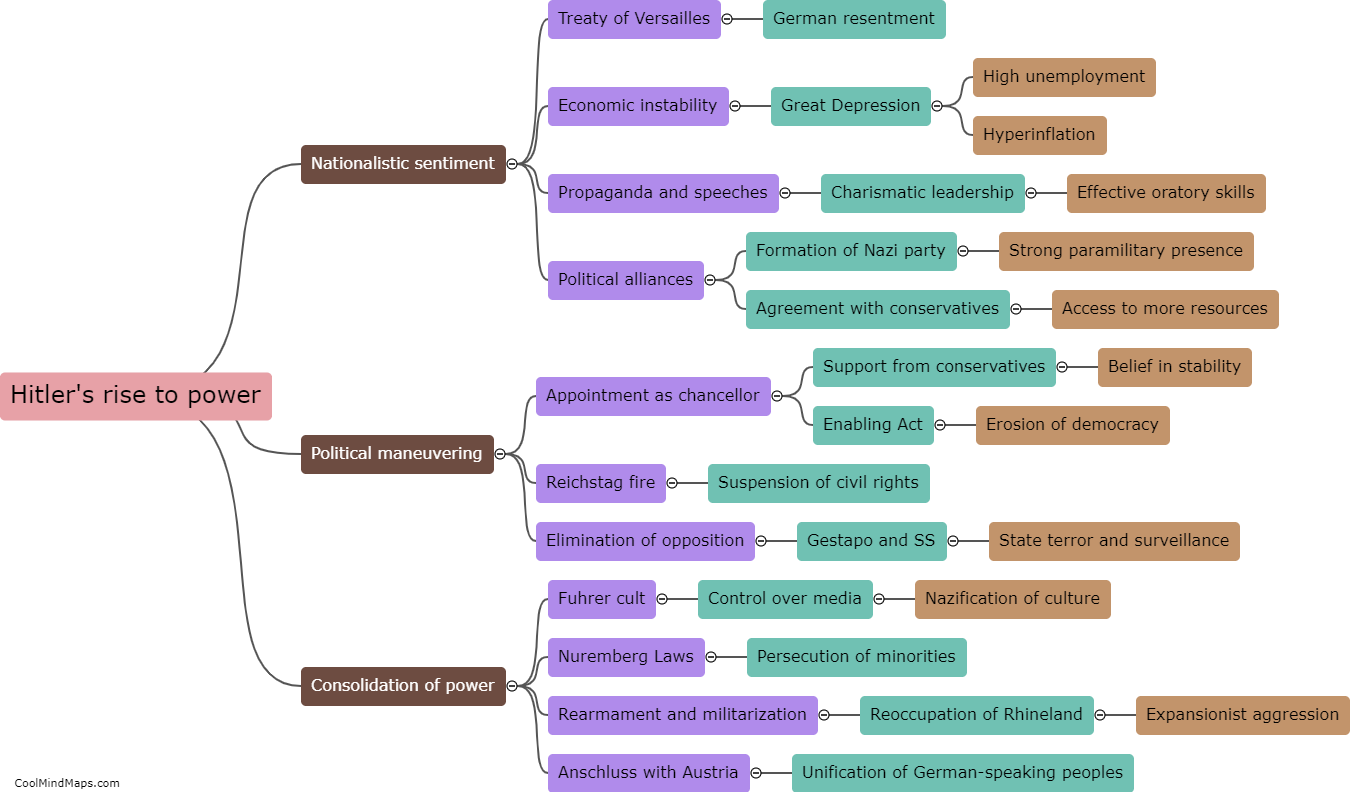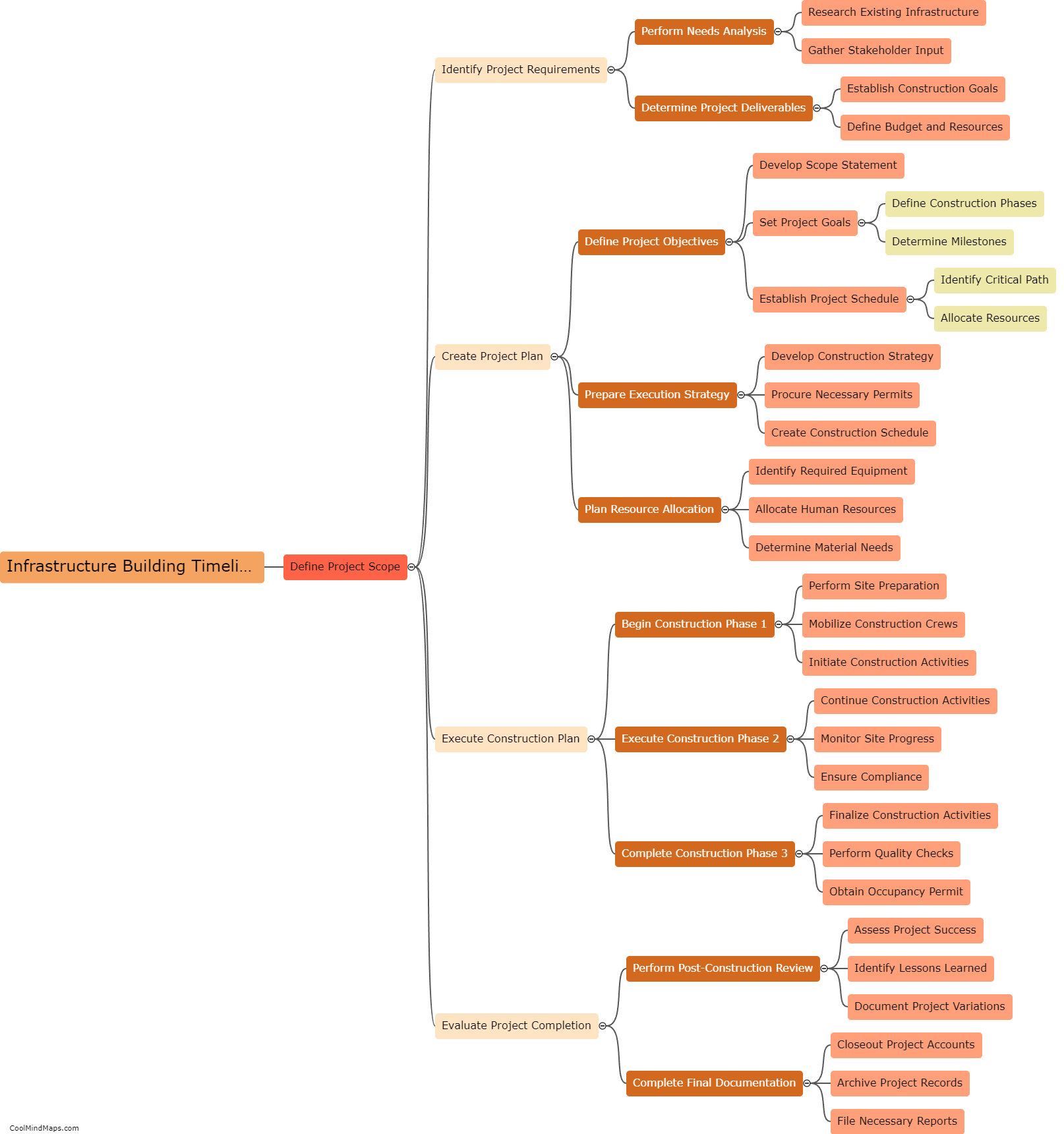How did Hitler gain support and control in Germany?
Adolf Hitler's rise to power in Germany is a complex narrative that involved several key factors. In the aftermath of World War I and the Treaty of Versailles, Germany was facing political instability, economic turmoil, and social unrest. Hitler capitalized on these conditions by skillfully employing propaganda, charismatic speeches, and manipulation of nationalist sentiments. He led the National Socialist German Workers' Party (Nazis) and advocated for extreme right-wing ideologies, targeting scapegoats such as Jews, communists, and foreigners as the cause of Germany's problems. Hitler's ability to tap into the frustrations of the German people and provide them with a unified vision for the future resonated deeply with many citizens. Additionally, the apathy of the conservative elites, the failures of the Weimar Republic, and the delayed response by rival political parties contributed to Hitler's rise to power. By exploiting fear, disillusionment, and social unrest, Hitler successfully gained widespread support and eventually seized full control of Germany.

This mind map was published on 23 August 2023 and has been viewed 159 times.
